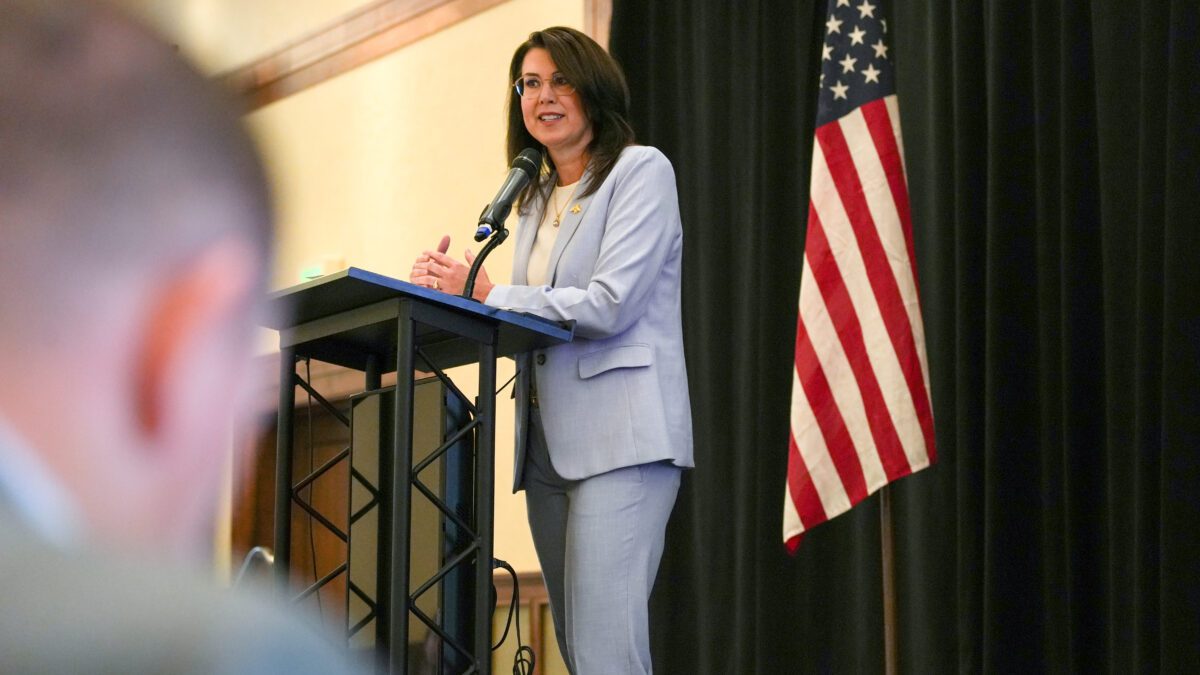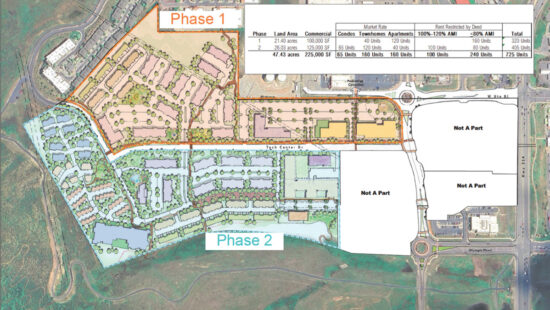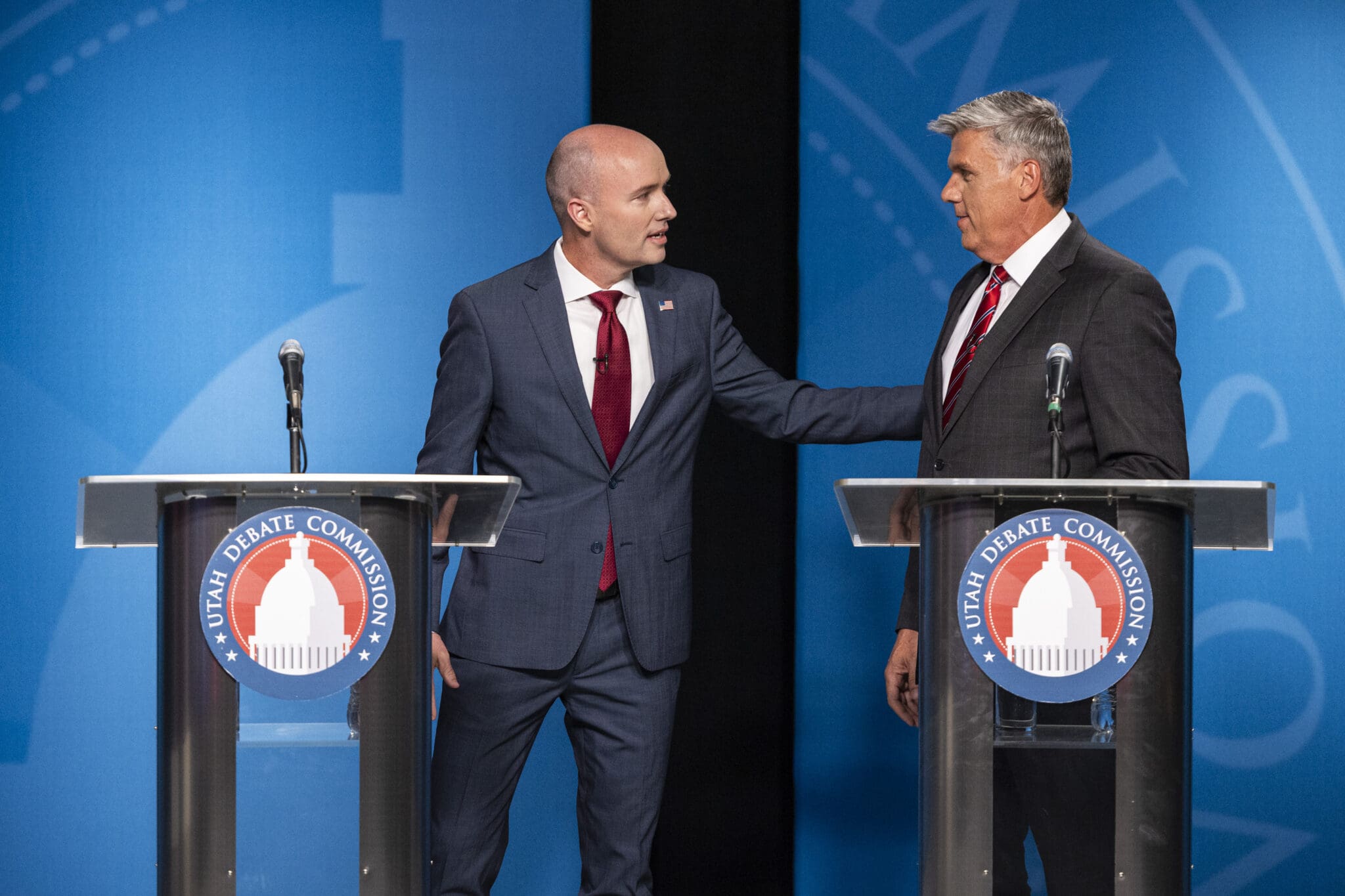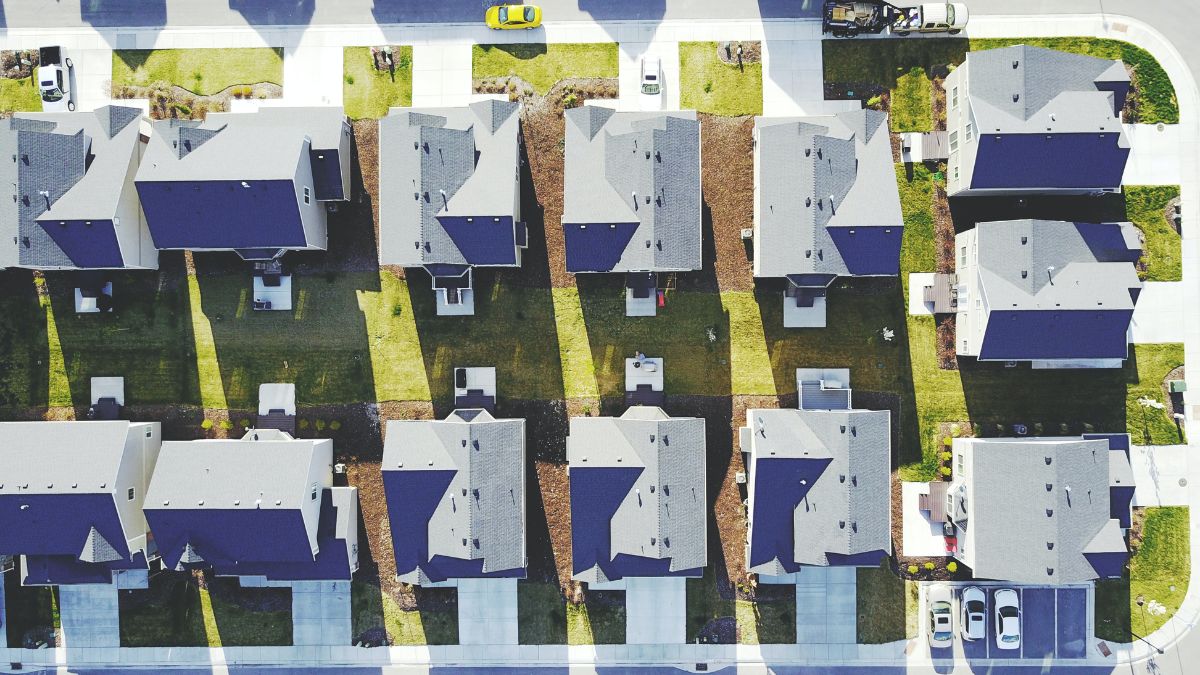Politics
Fire at Will: Lieutenant Governor Deidre Henderson

Lieutenant Governor Deidre Henderson delivering a speech at the Tri-State Telecommunications Conference. Photo: Courtesy of the Utah Lieutenant Governor’s Office
SALT LAKE CITY – In this informative and reoccurring series I will be conversing and partaking in insightful discussions with various elected officials and important people in the state of Utah. Through these conversations, I intend to explore the core of their roles, shedding light on the significant responsibilities and duties that come with public office.
Throughout this series, we will also delve into their viewpoints on critical issues affecting their constituents and the efforts they have made to address these concerns and promote advancement within their communities.
The subject of this week’s article is Utah Lieutenant Governor Deidre M. Henderson.
Henderson is from a military family and was born in the Netherlands, where she lived during her early childhood years before her family moved back to the United States. Henderson spent the rest of her childhood bouncing around Utah and Idaho, eventually landing in Taylorsville, where she graduated high school.
After high school, Henderson enrolled at Brigham Young University (BYU), where she would meet her future husband. After her first year at BYU, Henderson would put her educational career on hold to raise a family with her husband in Spanish Fork. Henderson is the mother of five adult children, and while serving as Lieutenant Governor she reenrolled and graduated from BYU in 2021 with a bachelor’s degree in history.
Henderson began her career in politics in 2008 when she started working for Congressman Jason Chaffetz, who represented Utah’s third congressional district in the U.S. House Representatives from 2009 through 2017. Henderson worked on Chaffetz’s campaign in 2008, and when he was elected, Henderson would manage his political operation while still raising five children.
After working for Congressman Chaffetz for several years, Henderson would leap into holding her own political office, and in 2012 she was elected to represent Utah’s seventh district in the Utah Senate. Henderson would serve eight years in the Utah Senate, where she earned a reputation as a strong conservative and a champion of women and families.
Henderson’s introduction to Governor Spencer Cox would come in 2012 when she was first elected to the Utah Senate.
“Governor Cox and I were both elected to the Utah legislature in 2012. He was elected to the House and I was elected to the Senate,” Henderson said. “We chatted a lot, we were freshmen legislators together.”
While Cox wouldn’t stay in the House long, the camaraderie between the two freshman legislators would lay the foundation for a significant political journey.
“There was a vacancy in the Lieutenant Governor position in 2013, and then Governor Herbert tapped the freshman legislator, Representative Spencer Cox, to be his Lieutenant Governor that fall,” Henderson explained. “We continued to work together, just in different capacities over the ensuing seven and a half years. When he was running for Governor in 2020, I was up for reelection to my third term in the Utah Senate, and he asked me to join his ticket as Lieutenant Governor.”
Occupying the position of the second-highest-ranking official within the state of Utah, Henderson shoulders a multitude of substantial responsibilities in her capacity as the Lieutenant Governor.
“My main responsibility as Lieutenant Governor is to be prepared to step in as Governor at any given moment. I’m second in command in the state, second woman to be elected Lieutenant Governor, and I have a number of statutory duties,” Henderson said. “The biggest one, of course, is to do whatever duties the Governor assigns to me.”
In Utah, the role of Lieutenant Governor encompasses additional responsibilities, as the incumbent also assumes the duties of the secretary of state — a distinction held uniquely by Utah and two other states without a separate secretary of state position.
“We’re one of three states that only has a lieutenant governor, most other states have a lieutenant governor and a secretary of state. I serve the role of Lieutenant Governor and Secretary of State, which means I have other statutory duties,” Henderson said of her role.
“The biggest one of those (responsibilities) is I oversee elections in the state of Utah. I oversee all elections, I oversee notary publics, and I oversee campaign disclosures. I also oversee annexations and incorporations of cities and a whole host of other Secretary of State type duties.”
These roles and responsibilities only encompass half of Henderson’s job, as she is also assigned different tasks by the Governor.
“Then there are some of the assigned duties that the Governor has given to me, including interfacing with the legislature and working on policy issues that are meaningful to our administration, as well as representing the state of Utah on a government to government basis with our eight federally recognized Native American tribes.”
As Lieutenant Governor, Henderson collaborates with Governor Cox and other key stakeholders on issues to advance the interests of Utah’s population.
“One thing I learned early on in my time in the legislature is that no one person can do anything. You have to bring others together,” Henderson said. “One of the things that I think that the Governor and I do very well, in addition to working together very well, is that we are good conveners.”
“We like to bring other stakeholders to the table, including the legislature, state agencies, and people from the public and private sectors, to sit around the table and help us solve the problems that need to be solved and address concerns in a way that doesn’t create a whole bunch of new concerns. Sometimes when you solve one problem you end up creating a bunch more, so we have to take a very measured and careful approach to problem solving.”
Transitioning from the discussion on collaborative problem-solving, Henderson emphasized the distinct role of the executive branch, and how she aims to represent all Utahns.
“In the executive branch, we don’t necessarily make policy. We can help influence the legislature to create new laws and new policies, but we’re implementers and so when it comes to implementing the law and implementing the policy that the legislature creates, we do have to remember that we represent everyone in the state and we have to always be on the lookout for who’s missing,” Henderson said. “Who are we forgetting? whose voices are not being heard? How can we better serve people in areas that maybe are traditionally overlooked?”
This dedication to serving all citizens, especially in overlooked areas, was particularly evident during their response to the pandemic, as she recalled, “We came to office in the middle of the global pandemic, and we saw very quickly when it came to vaccine implementation, that one size did not fit all in having big huge vaccine centers.”
“I don’t know if you remember when we did that (mass vaccination sites), but that was not serving certain populations. We had to do things differently for different people so that they weren’t left behind, and that’s the approach that we really have to have and that we try hard to have in our administration,” Henderson said.
Henderson stated that one of her biggest responsibilities as Lieutenant Governor is to oversee elections in the state, and in light of the chaotic 2020 election, Henderson has worked to ensure accountability and transparency in all elections held in Utah.
“Elections in particular is one area that I’m very proud to to oversee. We do things very well in Utah,” Henderson said. “That being said, we don’t think that we’re done trying to do things better, and we’re always looking for ways to improve.”
“We have some principles that we live by in terms of elections and that is, we believe that government should not create an arbitrary barrier to access for legal voters. People should have access to the ballot, but they should also have the comfort of knowing that their vote is secure and that our elections are secure and their vote will be counted accurately.”
Henderson has maintained accessibility to multiple ways of voting, and both in-person and mail-in ballots are available in Utah.
“We want people to be able to vote whatever way they’re comfortable. If they’re more comfortable going and voting in person on election day, then we have that opportunity for them. If they’re more comfortable sitting at their kitchen table filling out their mail-in ballot and putting it in the mail or driving it to a dropbox, we want them to be able to do that and we have opened up the opportunities in a very responsible way.”
Despite the chaos of the 2020 presidential election, voter confidence in Utah has increased in the past few years, something Henderson is proud of.
“Voter confidence in Utah has gone up despite the mess in 2020,” Henderson said. “We started the year off with Utah voters having 81% confidence that the election would be well run and their vote would be counted accurately. By the end of the year, that was up to 89%, despite some people’s best efforts of creating chaos and destroying confidence in our election systems, confidence actually increased,” Henderson stated.
Transitioning from the realm of electoral matters to broader concerns, she then delved into the pressing issue of massive growth in the state.
“We are of the belief that growth is going to happen. But growth that’s well managed that’s planned for at the front end is much better than growth that happens with no thought to planning,” Henderson said. “We have worked very hard to make sure that our budgets reflect that ability to build out transportation dollars to fund public transit.”
“We understand that there needs to be more housing. We’ve tried to incentivize first-time homebuyers to help them get downpayment assistance for new construction. We want the state of Utah to be a place where our kids and our grandkids can grow up.”
This forward-thinking approach is mirrored in the efforts she and her team have undertaken, as she elaborated, “We’ve been working really hard on planning for the future, thinking generationally instead of thinking about what we might want right now today at this moment.”
This long-term outlook has been accompanied by action, especially during budget surpluses, as she emphasized, “We have taken a very long-term look, while also making sure that we have funding during budget surpluses that we’ve experienced the past couple of years to pay for infrastructure and to make those really important and generational investments now.”
Looking ahead, Henderson’s primary focus remains on concluding her current responsibilities with excellence. However, she is also in preparation mode for the upcoming 2024 reelection campaign, asserting with certainty, “We are definitely going to be running for re-election.”
Appreciate the coverage? Help keep Park City informed.
TownLift is powered by our community. If you value independent, local news that keeps Park City connected and in the know, consider supporting our newsroom.


















